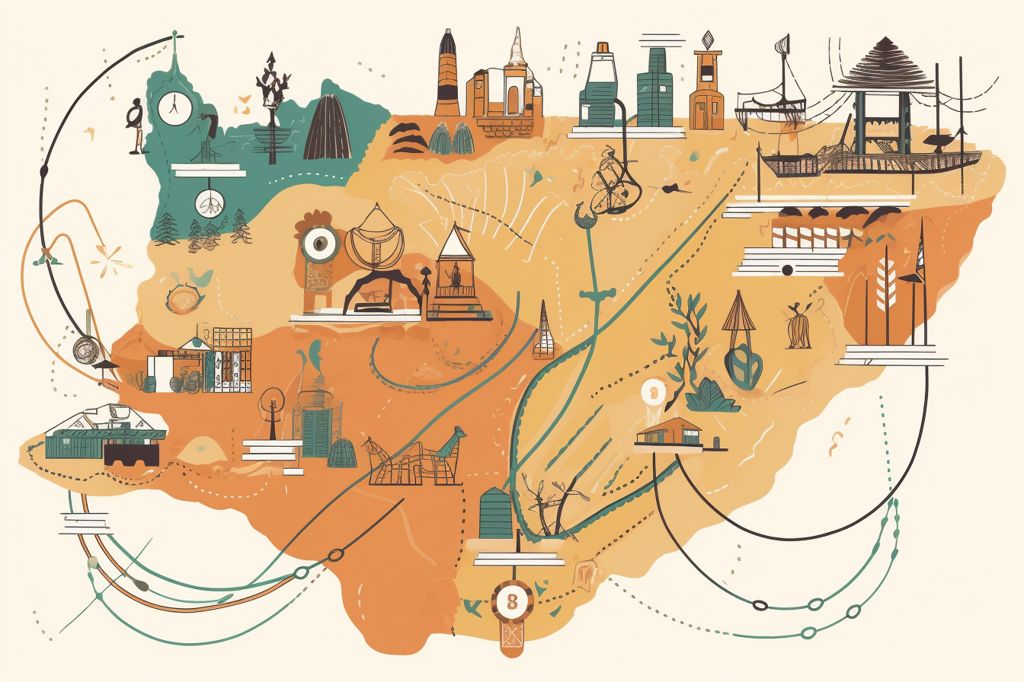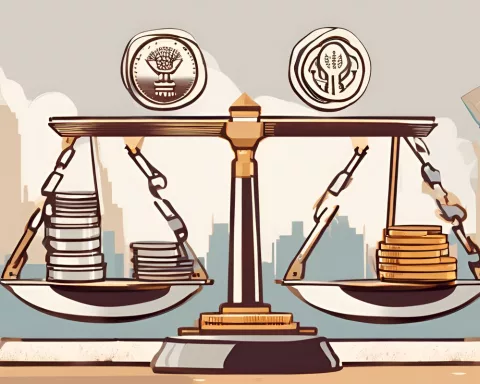Minister Thembi Nkadimeng recently presented the 2023/24 Budget Vote for the Departments of Cooperative Governance and Traditional Affairs (CoGTA). This important occasion highlighted the department’s past accomplishments and future plans, with a focus on accelerating implementation and ensuring local government becomes a key driver for growth, innovation, inclusivity, and cohesion.
Addressing Existential Challenges
The CoGTA budget tackles various challenges, including sluggish economic growth, energy crisis, inflation pressures, and water insecurity, which severely impact municipalities across South Africa. The National Treasury’s decision to conditionally write off the debt owed by municipalities to Eskom is a crucial step towards stabilizing the energy sector.
The District Development Model
The CoGTA is committed to making local government everyone’s business by focusing on the District Development Model (DDM). The DDM is a flagship program designed to improve intergovernmental relations and enhance policy implementation coherence. By adopting a quality assurance process for submitted One Plans, the DDM aims to strengthen collaborative and joint-planning, as well as increase involvement of sector departments, state-owned entities, and private sector participation.
Enhancing Service Delivery
In order to enhance service delivery in municipalities, the DDM is focusing on improving coordination and cooperation with the Offices of the Premier and provincial CoGTAs. This includes working closely with the institution of Traditional and Khoi-San Leadership in rural communities, leveraging investible opportunities to improve living conditions in those areas. During the current financial year, CoGTA will particularly emphasize development opportunities associated with mining activities in traditional communities.
Stabilizing Dysfunctional Municipalities
The CoGTA recognizes the need for national interventions to address political instability and the lack of delivery of basic services in some municipalities. The department aims to stabilize at least 20 dysfunctional municipalities by the end of the current financial year, in accordance with Section 154(1) of the Constitution.
Results-Based Planning
To monitor the progress and impact of its key programs, the CoGTA has adopted a results-based planning approach. A fully functional Results-Based Management Office (RMO) is being established to work with municipalities, provincial governments, national sector departments, and state-owned entities in order to deliver infrastructure and strategic projects.
Budget Allocations
Budget allocations for 2023/24 amount to R121.7 billion for Vote 3 and R193.1 million for Vote 15. The largest portion of this budget is allocated for transfers to municipalities. Over the Medium-Term Expenditure Framework (MTEF) period, a total of R364.7 billion (95% of the total allocation) will be designated for this purpose.
The CoGTA’s commitment to making local government everyone’s business emphasizes evidence-based decision making in policy implementation. By working collaboratively with various stakeholders and focusing on a results-based planning approach, the department aims to create lasting, transformative change within local communities. Minister Thembi Nkadimeng’s leadership is instrumental in driving this transformative and developmental agenda.












